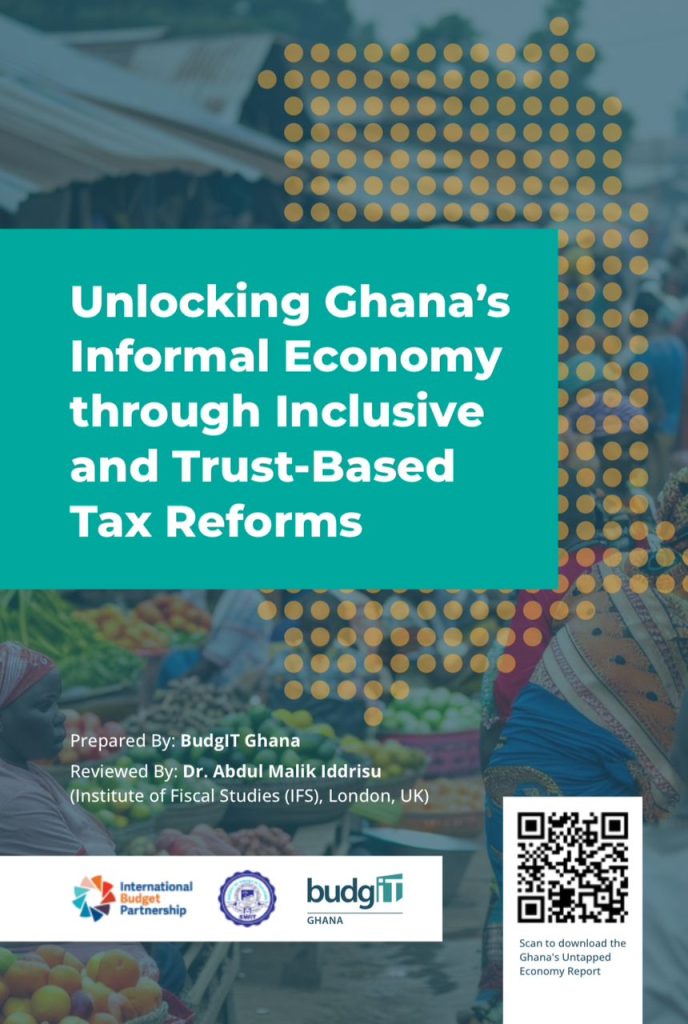Unlocking Ghana’s Informal Economy through Inclusive and Trust-Based Tax Reforms
Ghana’s informal economy remains a paradox: the largest driver of the nation’s economy, employing over 70% of the nation’s workforce, but bringing in minimal domestic revenue. A recent report by BudgIT Ghana, SWIT and the International Budget Partnership (IBP) shows that despite informal sector workers having knowledge about taxation, institutional problems, ranging from lack of education to core distrust of government, suppress voluntary compliance with
taxation. The study focused on the Greater Accra Region using both qualitative and quantitative data collection, including focus group discussions and a 500-participant survey. The findings generated present a critical moment for development partners, civil society, and government institutions to collaborate and reimagine how taxation in Ghana can be made equitable, transparent, and inclusive.
